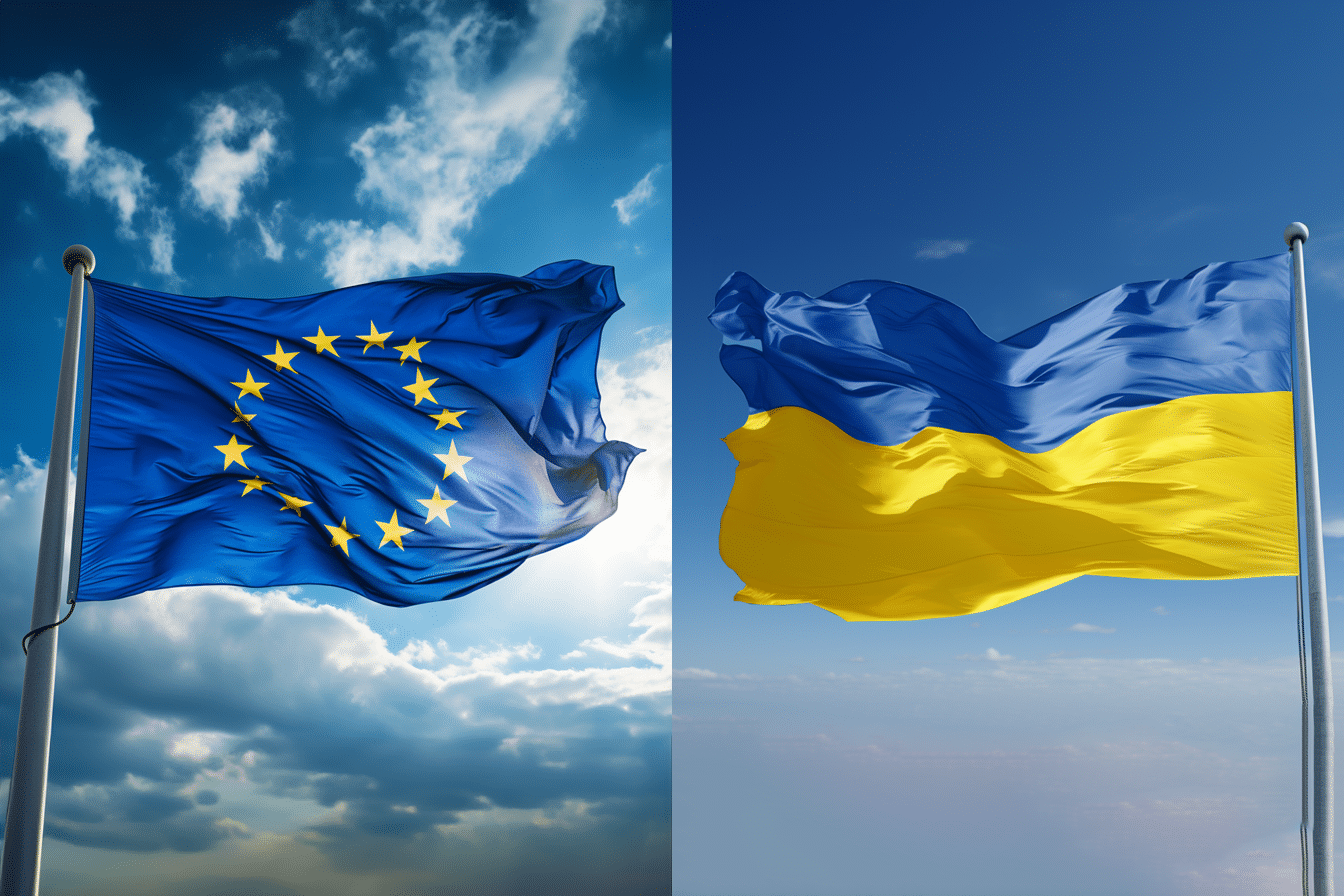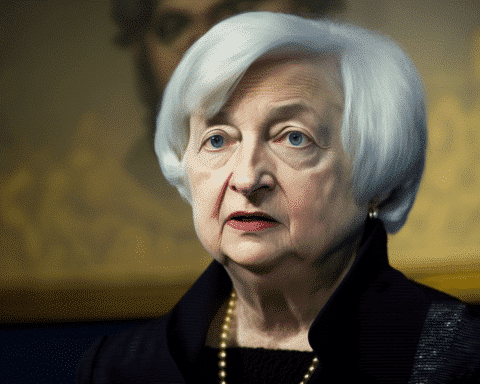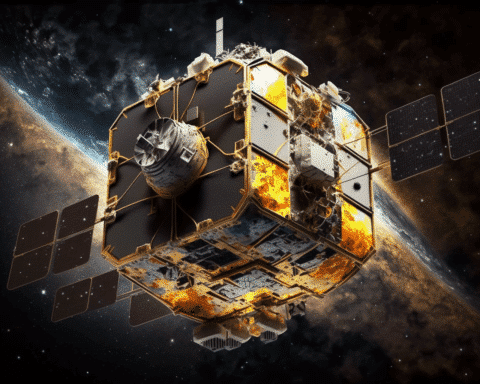Amid rising concerns over Europe’s unwavering support for Ukraine, the European Union’s top diplomats visited Kyiv to solidify their commitment. Led by the EU’s foreign policy chief, this visit was intended to quash any doubts surrounding the EU’s long-term backing of Ukraine in its ongoing strife against Russia.
This visit, a first of its kind, witnessed EU foreign ministers meeting in an active war zone, underlining the significance the EU places on its relationship with Ukraine. Highlighting the robust nature of their partnership, the EU detailed several ongoing commitments to Ukraine. Among these pledges are a proposed military aid of 5 billion euros, training for approximately 40,000 Ukrainian troops, and potential defence collaborations between the EU and Ukraine. Additionally, efforts are in place to strengthen Ukraine’s cyber defences, initiate a demining program, and reform its law enforcement to curtail corruption.
However, the ultimate display of the EU’s commitment is possibly the encouragement of Ukraine’s membership aspirations to the bloc. Even though this remains a lengthy process, especially in the face of the existing conflict, the EU and Ukraine are keenly determined to fast-track the membership procedure. Emphasizing Ukraine’s progressive strides towards this goal, every success on the battlefield, every village reclaimed, and every citizen rescued brings Ukraine a step closer to the European Union.
While the EU remains unwavering in its support, concerns have arisen from various quarters, notably with Slovakia’s recent election victory for a pro-Russian former Prime Minister, Robert Fico. Such developments have ignited questions about the EU’s continuous support for Kyiv. Additionally, Hungary’s nuanced relationship with Ukraine, marked by its closeness to Moscow, has added another layer to the prevailing apprehensions.
Ukraine has benefited from substantial military and financial backing from the EU, the United States, and the United Kingdom on a broader international scale. However, with the war’s duration extending, doubts have surfaced regarding the sustainability of this aid. Given these uncertainties, the U.S. President reassured the global community of continued American financial support for Ukraine.
Ukraine’s Foreign Minister, Dmytro Kuleba, echoed these sentiments, emphasizing the ongoing discussions with allies to ensure the continued flow of aid. He particularly highlighted the significance of fostering defence collaborations with multiple countries. In contrast, Russia anticipates a potential wane in international support for Ukraine over time, hoping for fragmentation in Ukraine’s foreign assistance.
Despite Russia’s expectations, Ukraine’s peace proposal, demanding Russia’s total withdrawal and suggesting establishing a European-Atlantic security structure, remains the center of international discussions. The Washington-based Institute for the Study of War assessment posits that peace can only be found by defeating Russia militarily and rebuilding Ukraine. This task calls for the unwavering commitment of the West.




